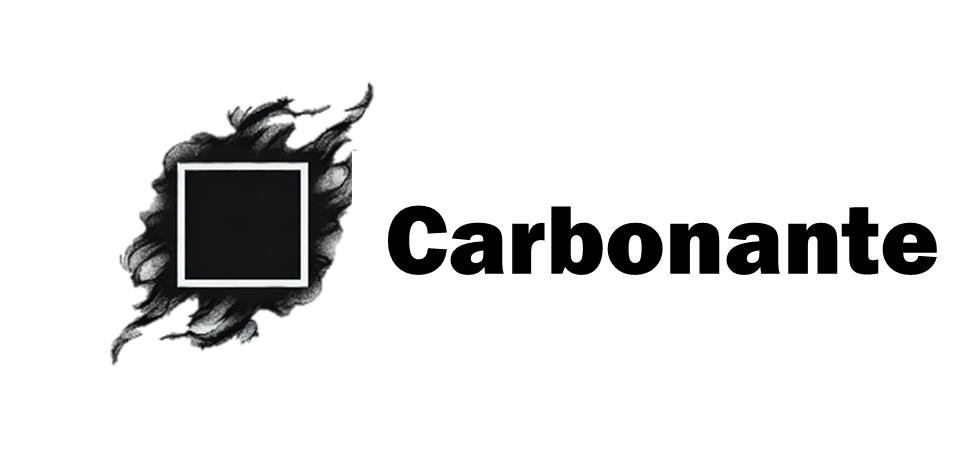The MethodologyWhy Hemp?
The Benefits of Industrial Hemp
On December 20th, 2018, President Donald Trump signed the Agricultural Improvement Act of 2018 into law. Memorialized by 7 U.S. Code § 1639o, the definition of hemp was amended to read:
“The term ‘hemp’ means the plant Cannabis sativa L. and any part of that plant, including the seeds thereof and all derivatives, extracts, cannabinoids, isomers, acids, salts, and salts of isomers, whether growing or not, with a delta-9 tetrahydrocannabinol concentration of not more than 0.3 percent on a dry weight basis.”
Hemp removes more carbon per acre in a single growing cycle than a rainforest removes in an entire year. Hemp exists as a fast-growing crop that can be grown in most soils and geographic regions of the world. With proper techniques, an acre of Hemp can yield up to 5 tons of biomass and remove approximately 10 tons of CO2.
The production of Hemp requires minimal inputs with select regions capable of multiple harvests each year. Hemp is naturally resistant to pests, resulting in huge reductions of chemical use. This makes it an ideal rotational crop that can be profitable to the farmer. The high lignin and cellulose content in Hemp make it naturally resistant to decomposition. In an anerobic environment, Hemp will remain stable indefinitely.
The utilization of non-productive lands catalyzes the development of unrealized economic opportunity. Unlike costly Direct Air Capture (DAC) systems, Hemp requires neither costly infrastructure nor additional energy inputs. Carbonante harnesses Hemp’s natural ability to remove Carbon Dioxide through photosynthesis and sequesters it by aligning with the Puro Methodology for the Terrestrial Storage of Biomass.
After nearly 90 years of prohibition, scientists are beginning to better understand the industrial applications of hemp. Carbonante is currently investigating the co-firing of Hemp as an alternative fuel in coal fired power plants. Hemp has very versatile uses for the different portion of the plant. It can be refined into paper, pope, textiles, clothing, biodegradable plastics, paint and insulation like Hempcrete. Its seeds can be made into oils and food products, and the flowers of select cultivars can be propagated for their cannabinoid content.
